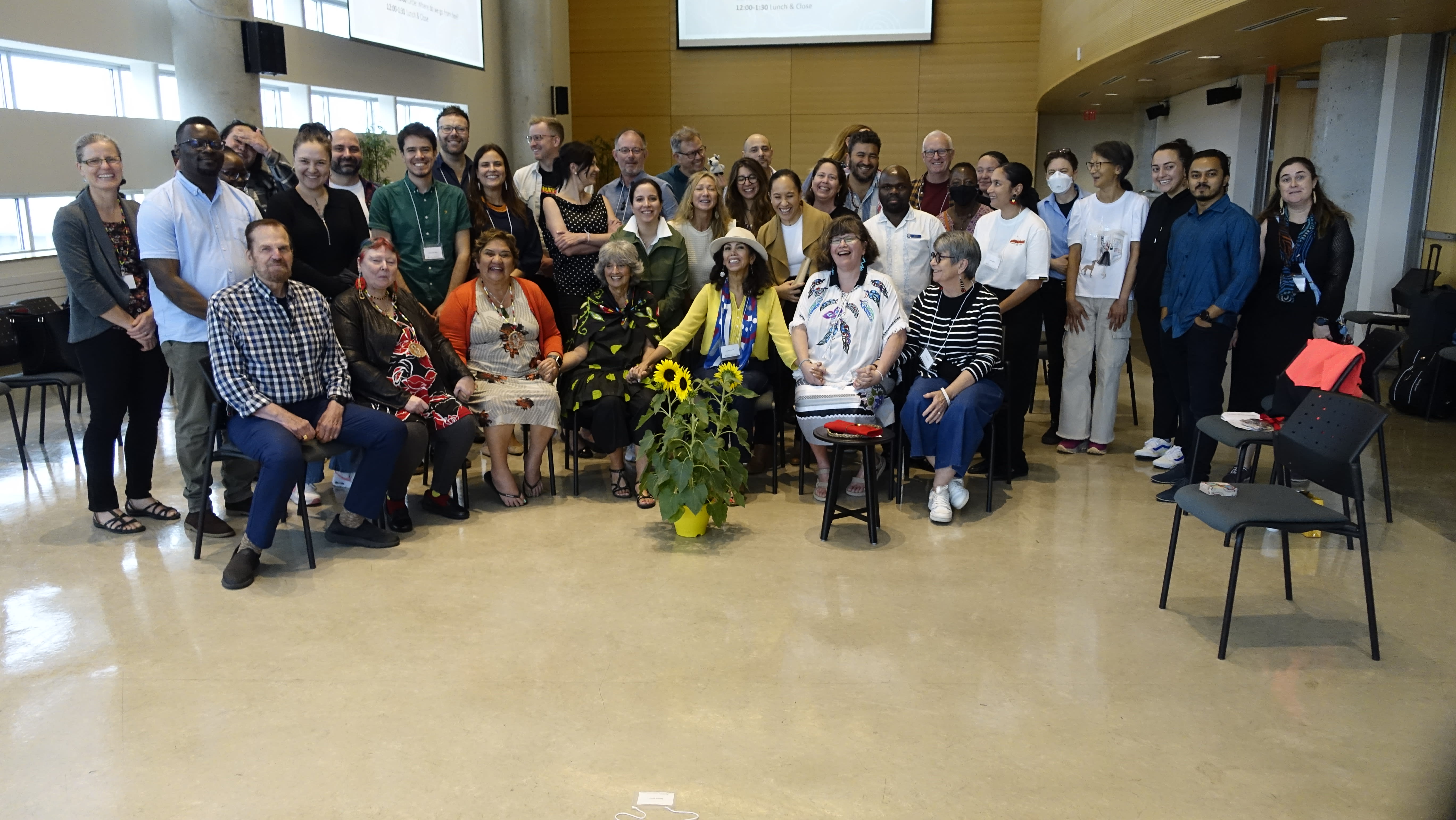Niki Khorasani joined the Telfer PhD in Management program in 2019, specializing in entrepreneurship. She is supervised by Madeline Toubiana. Niki was awarded the 2023 François Julien Doctoral Research Scholarship and a 2022 Ontario Graduate Scholarship.
Why did you choose to study entrepreneurship?
I am an environmental engineer and I previously worked on projects that attempted to manage the consequences of resource extraction. I became curious about concepts such as sustainability and the circular economy, which seemed to have a more holistic perspective on environmental problems. I wanted to know what it means to integrate such considerations in businesses, specifically, when founding a venture. I decided to pursue a PhD in management with a focus on entrepreneurship, to understand how entrepreneurial practices can become aligned with planetary concerns.
What is your research about?
My research is about degrowth, a movement and academic discipline that suggests that economic growth cannot continue to be perceived as the solution to all the issues we face in our modern societies. My research connects degrowth to entrepreneurship and asks if these ideas can be merged. I have conducted a qualitative study on post-growth entrepreneurship that contributes to the microfoundations of institutional change literature. It explains how individuals challenge the “taken-for-grantedness” of growth.
You recently published an essay on degrowth in the Journal of Management Inquiry. What are the highlights of that piece?
Our essay, “Panacea or Poisoned Chalice? Considering the Possibilities of Entrepreneurship and Degrowth,” was framed as a thought-provoking piece to explore what degrowth means for entrepreneurship research. In this piece, we challenge entrepreneurship’s current entanglement with a growth ideology. We argue that this is not inevitable if a new social imaginary of entrepreneurship is envisioned. Whether it is possible and the role of academics in constructing this alternative imaginary is an open debate.
What impact might your thesis research have on Canadian entrepreneurship?
My study has the potential to challenge the current frameworks used to promote and teach entrepreneurship in business schools, incubation programs, and beyond. It sheds light on an important assumption that is often overlooked in entrepreneurship theory and practice: that economic growth is the single goal for entrepreneurship at the economic level. Challenging this notion has exciting and widespread theoretical and practical implications.











